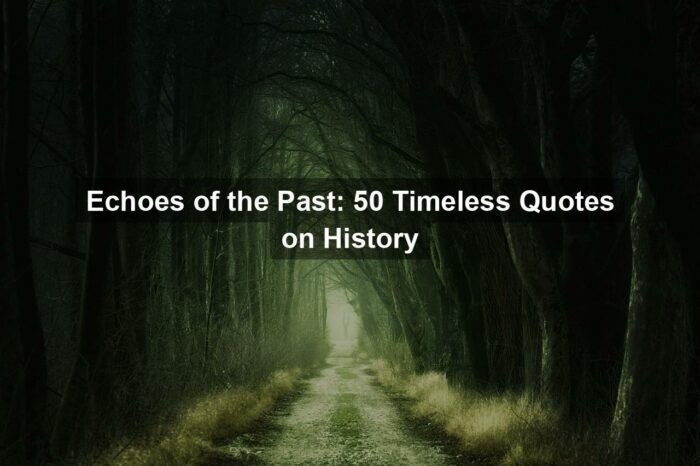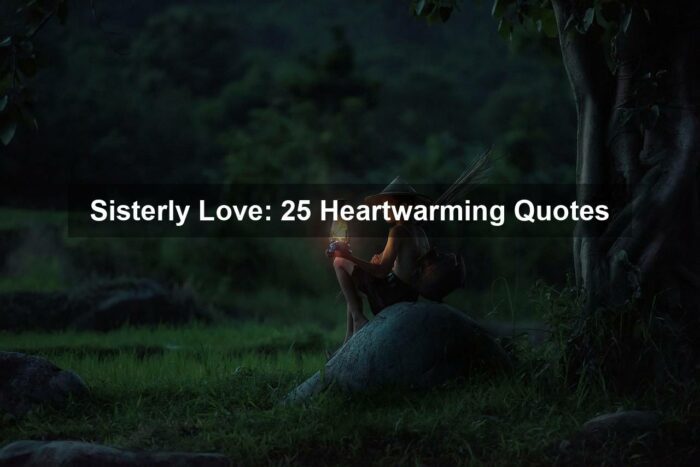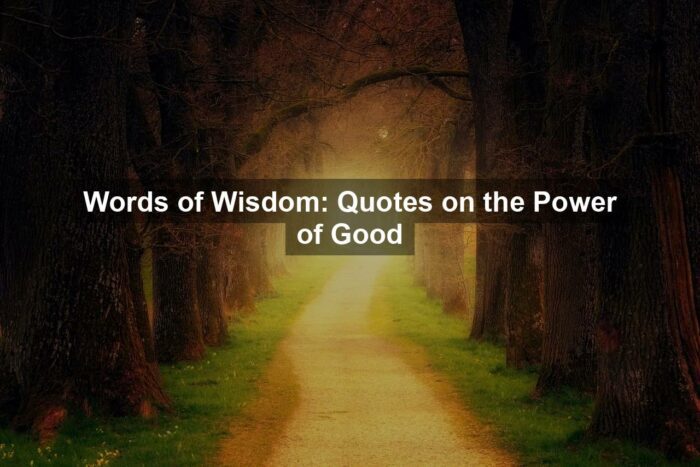William Golding was an English novelist, poet, and playwright, best known for his novel “Lord of the Flies.” Throughout his works, Golding often explored the complexities of human nature, including the roles and expectations of women in society. His words shed light on the struggles and triumphs of women, both in his fictional worlds and in reality.
Quotes:
“I think women are foolish to pretend they are equal to men, they are far superior and always have been.”
William Golding
While some may view this statement as a compliment, Golding’s words carry a more significant message. Women should not strive to be equal to men because they are already superior in many ways. Society should recognize and celebrate these differences instead of trying to force women into traditional male roles.
“The greatest ideas are the simplest.”
William Golding
Many women have been told that they need to be complex, sophisticated, or extravagant to succeed. However, Golding believed that simplicity was the key to greatness. Women should not feel pressured to overcomplicate their ideas or actions to prove their worth.
“I think women are excellent social critics.”
William Golding
As members of society who have often been marginalized, women have a unique perspective on social issues. Golding recognized and appreciated this quality, acknowledging that women have a valuable role to play in analyzing and critiquing societal norms and expectations.
“The greatest enemy of communication is the illusion of it.”
William Golding
Many women struggle to communicate effectively in a world that often silences or dismisses their voices. Golding understood that true communication requires effort and honesty, and that pretending to understand or be understood is often worse than admitting ignorance or confusion.
“I have always understood the voiceless.”
William Golding
Women have historically been silenced or ignored, both in their personal lives and in the larger societal context. Golding recognized that women have a powerful voice, even when it is not being heard or acknowledged. He believed that it was the responsibility of those with power and influence to give voice to the voiceless.
“The only way to deal with fear is to face it head-on.”
William Golding
Many women are taught to be afraid of their own power, potential, and independence. Golding believed that the only way to conquer fear was to confront it directly. Women should not shy away from challenges or opportunities out of fear, but instead embrace them with courage and determination.
“The human condition is a mixed bag, and women are as capable of cruelty as men.”
William Golding
While Golding championed the strength and resilience of women, he also recognized that they were not perfect. Women, like men, are capable of cruelty, selfishness, and other negative behaviors. Recognizing and acknowledging these flaws is essential to achieving true equality and progress.
“I have always been interested in the way women think and feel.”
William Golding
Throughout his career, Golding explored the inner lives of women with depth and nuance. He recognized that women’s experiences and emotions were just as complex and valid as those of men. By delving into these perspectives, Golding helped to break down gender barriers and increase understanding and empathy between people of different genders.
“I am a writer. I am not a man or a woman. I am an artist.”
William Golding
Finally, Golding rejected the idea that artists should be defined by their gender. He believed that true creativity and expression transcended gender and other identity categories. Women, like men, had the right to pursue their artistic passions and express themselves freely.
Golding’s words continue to resonate with women and men today, reminding us of the importance of recognizing and valuing the contributions and perspectives of women in all areas of life. By listening to and learning from women, we can create a more just and equitable society for all.




